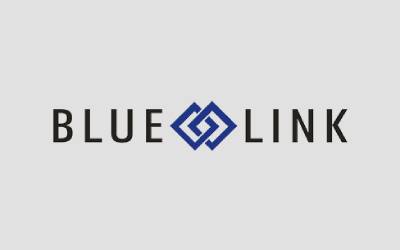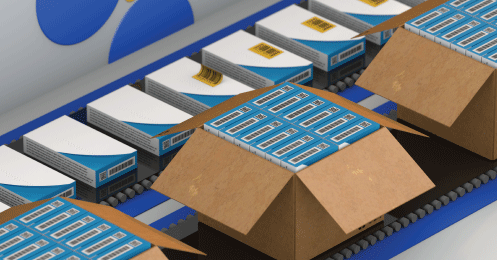More than 40 years ago, Marshall McLuhan coined the phrase “The Medium is The Message”. The form of a medium used to disseminate a message embeds itself in the context of that message. This means that the medium influences how the message is perceived. Fast forward four decades, and that’s still valid – witness YouTube and the Smartphone.
What about business processes and technology? The conventional wisdom when I started working in the IT / ERP industry was: define the optimum business process, and then seek out the technology to automate the process most cost-effectively. In the 21st century, is this still a valid proposition?
Consider this: 20 years ago a small distributor doing 100 sales orders a day could (and did) manage with pen & paper – all the shipping, billing, accounting and collections. Currently it’s somewhere between unlikely and impossible to do this without some form of accounting / ERP system. If we consider the last 20 years, did the software evolve to cater to changing business processes, or did the software evolution fundamentally change the optimum business processes? In this example it’s quite clearly the latter. You may still be able to ship 100 orders per day with a manual system, but you’ll definitely be incurring significantly higher costs on multiple levels (more employees, slower collections, higher inventory levels and reduced margins as examples) and therefore uncompetitive.
So if the technology is the business process (at least to a degree), then how can one go about improving business processes without taking into account both current, and future, technological trends?
Missed Opportunities
In my experience, businesses frequently select new or upgraded ERP / Accounting systems based solely on the fit their existing business processes. The risk here is that you miss an opportunity to improve your business, usually by taking advantage of new technologies to tweak and evolve the shape of the business. Smaller businesses in particular face enormous difficulties in getting a handle on what’s technically possible, and this is often exacerbated by software salespeople anxious to close business quickly / at all costs.
Get Out Of the Tunnel
When considering your ERP / accounting system, and improvements to your existing business processes, avoid tunnel vision. You should not only be looking at solving problems and bottlenecks in the present system; you should be proactively trying to identify opportunities to take the business forward over the next few years. An ideal vendor (or consultant) will look beyond just the “pain” that you identify, and help uncover productivity improvements that you may not have thought of. The resulting solution may, at first blush, appear to cost more – until you factor in the benefits.
The evolution of business processes and best practices is clearly tied to technology. Therefore this should be an ongoing process for most businesses. To quote McLuhan again: "If it works, it's obsolete."










